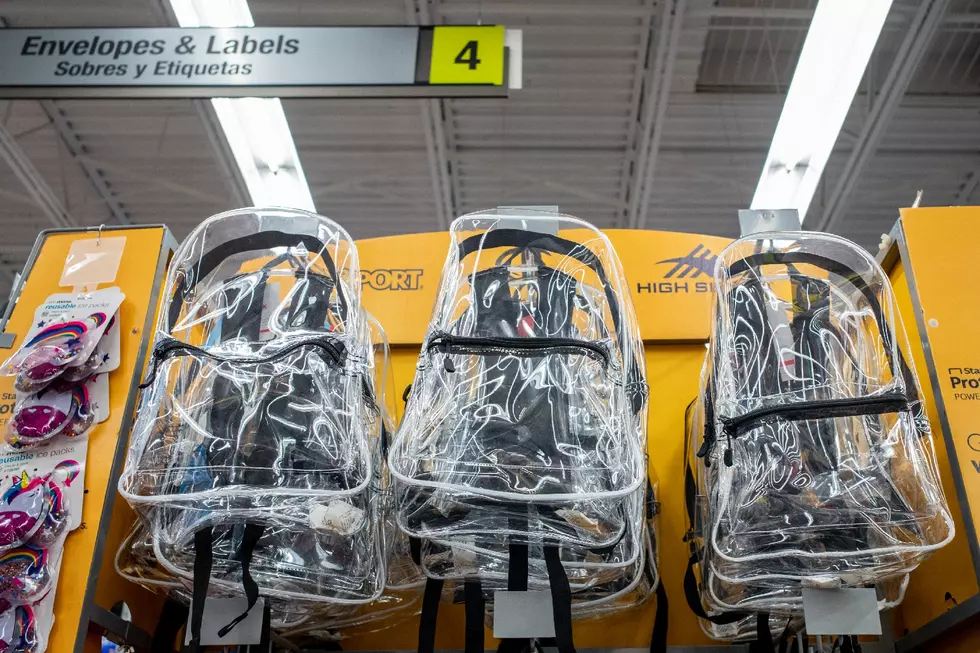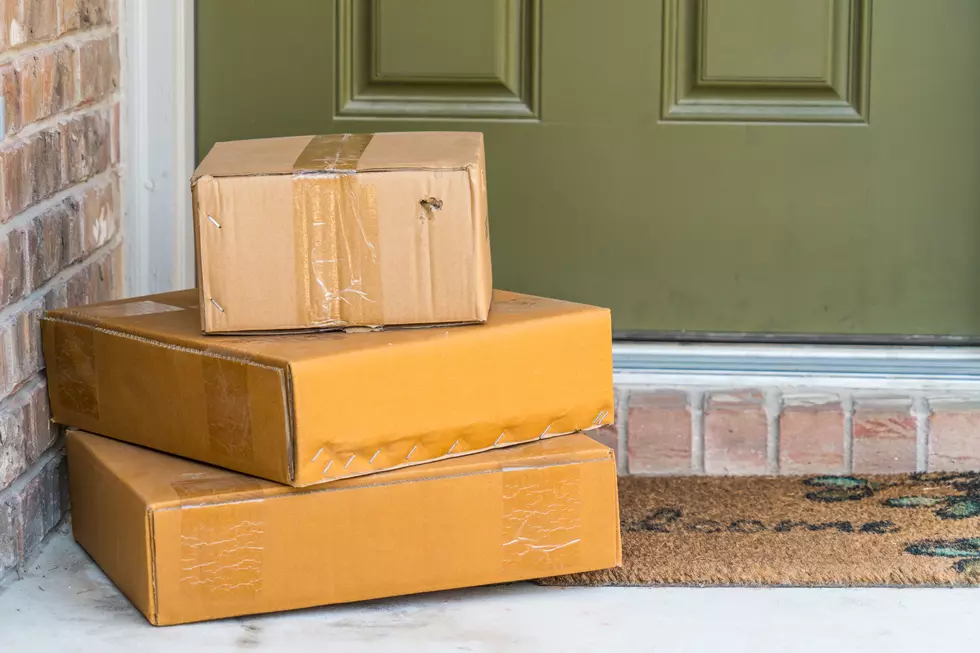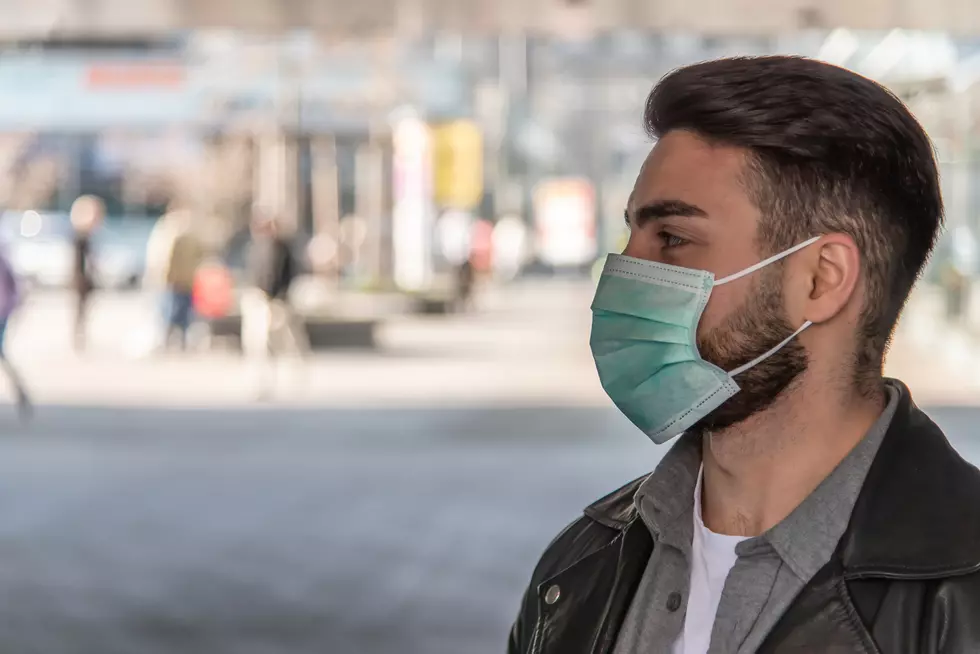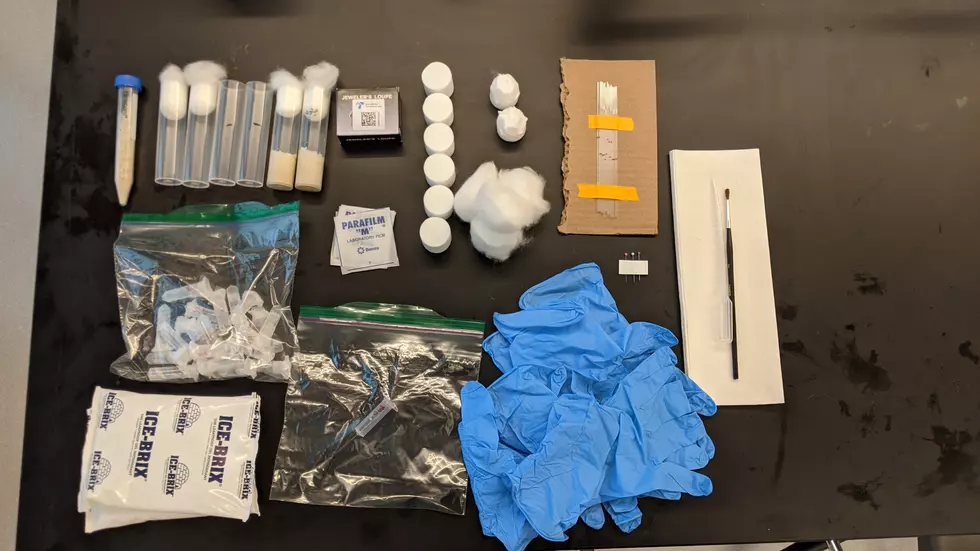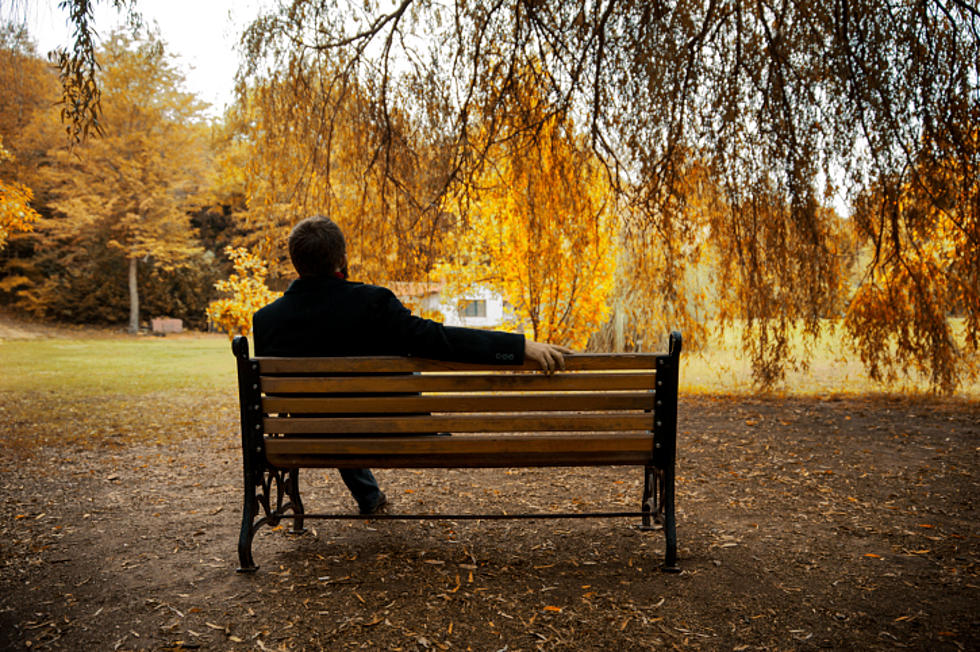
South Jersey loneliness — report finds strong link to overall health
Feeling lonely is heavily linked to poorer physical and mental health in South Jersey, and younger-aged residents are more likely to suffer from social isolation, according to a report released Monday by the Senator Walter Rand Institute for Public Affairs at Rutgers University-Camden
The report, South Jersey Health Needs: Connections, Community, and Care, compiled responses from nearly 2,400 residents of five southern counties — Burlington, Camden, Cumberland, Gloucester and Salem — along with medical and demographic data, to get a better grasp on the biggest obstacles to proper health in a region that past research has suggested gets the short end of the stick in terms of attention and funds from the state.
While 75% of respondents said they rarely or never feel social isolated — which is a positive takeaway — researchers uncovered a "very powerful connection" between loneliness and the overall health of those feeling lonely.
"People that were lonely have 59% more chronic physical health conditions — things like asthma, things like heart disease, things like obesity," said Darren Spielman, executive director of Rand. "They similarly were more likely to have mental health challenges."
Even more surprisingly, those aged 38 and younger were 50% more likely than Baby Boomers to report feeling lonely. College students who participated in focus groups for the report said social media impacts their mental health, resulting in a waste of time and money.
"Historically in the research you find that older people are more socially isolated and more lonely," Spielman said. "That's a really new finding and really powerful."
Overall, the research found those who report social isolation have 25% worse physical health than those who rarely feel isolated, and 32% worse mental health.
According to the report, those who feel socially isolated are more likely to report misusing drugs or alcohol, or significant health issues.
Sarah Allred, faculty director for the Institute, said this report suggests the need for further research.
"If we confirm the apparent increasing social isolation of younger people, what are the health implications and what steps, if any, might we take to reverse this trend?" she asked. "How might improvements to the transportation infrastructure in target communities impact health and well being? And are there efficient efforts that might increase social connection in communities across the region, improving health in South Jersey and beyond?"
Everyday health suffers from poor access to transportation, researchers said. Focus-group participants said limited transportation options prevent South Jersey residents from getting healthy food, connecting with others, and receiving important health care.
Previous research from the Institute found that South Jersey counties have less than half the number of bus stops as North Jersey counties. Its past research also cited state funding disparities in South Jersey's poorest communities, when compared to similarly struggling cities in other parts of the state.
The report also found a link between one's health and the way they view their neighborhood. Those who rated their neighborhoods as a poor or fair place to live or connect with others were also more likely to have poor fair overall health.
Cumberland County residents are the least satisfied with their health, followed by residents of Salem County, the report suggests.
More from New Jersey 101.5:
Contact reporter Dino Flammia at dino.flammia@townsquaremedia.com.n
More From New Jersey 101.5 FM
